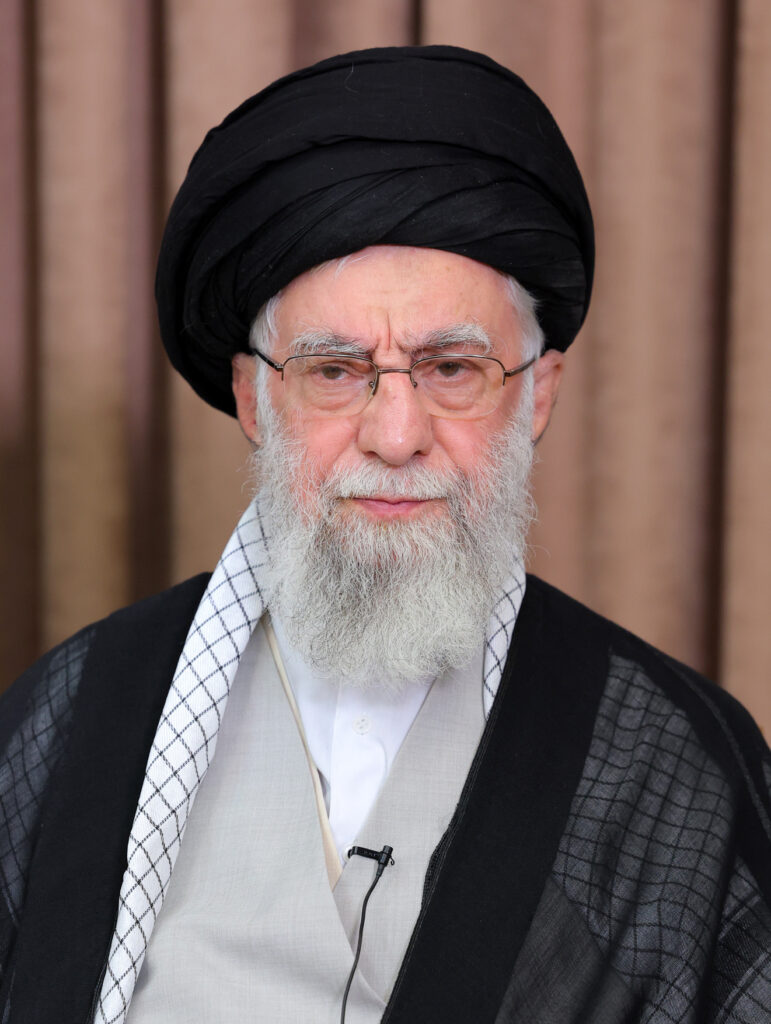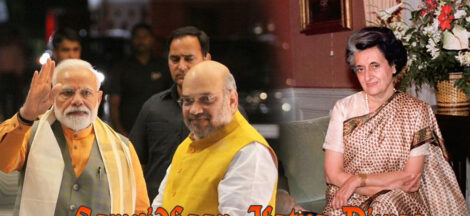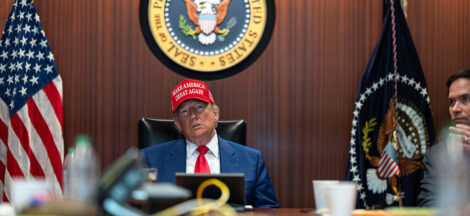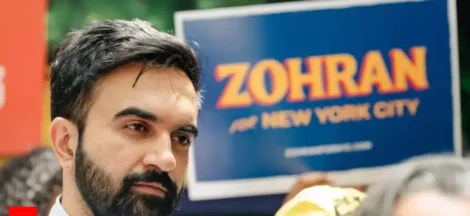By Anjan Roy
TORONTO: Amidst a sudden declaration of ceasefire between Israel and Iran by the US president Donald Trump, the abiding mystery about Iran as of now is the complete absence of the country’s so-called supreme leader Ayatollah Ali Khamenei.
Since the US raids began and ended, there has been no statement from the supreme leader on the evolving situation. Instead, the Iranian foreign minister, Abbas Aragchi, has been doing all the talking amidst his busy trips between Geneva, Tehran and Moscow, which is the principal critic of the US attack on Iran.
The Russian president, Vladimir Putin, has condemned the US move as a flagrant breach of international law and UN resolutions, of course, conveniently brushing aside these aspects of his invasion of Ukraine. Putin, among the international powers, has taken to sharp criticism of Trump while the western European powers have been placating Trump.
There are reports that the Ayatollah had been taken to deep underground shelters outside of the capital city Tehran. The US president had been saying that his intelligence has clearly marked out where the supreme leader was being hidden and rather casually for a leader of a country, that Ayatollah Khamenei could ne “taken out” anytime US wished.
The US president had sometimes indicted at regime change in Iran, at the same time, he, as his usual practice, denied himself flat out as well.
But there are varying accounts of what could be happening inside Iran today about its political power structure. Some of the experts on Iran feel that it should be very difficult to bring about a quick regime change as supreme leader Khamenei had established his hold on every aspect of the government.
Iranians outside the country have long been critical of the regime and its harsh treatment to its own people. The Khamenei regime had brutally come down on any criticism of the regime and particularly expression of some freedom among the people.
The diaspora had been campaigning for restitution of the Raja Shah II who is the son of former Shah of Iran. But he has but little nose within Iran. The present government is extremely unpopular but it enjoys the support of at least one fifth of the population who are very dedicated.
Since capturing power, the Ayatollah Khamenei had strategically placed his men in key positions. Particularly so in the army’s institutions. As a result, despite being extremely unpopular among the elites as well as the middles classes in Iran, Khamenei could suppress all opposition to him over the years.
Khamenei’s ascent to power and his holding on to it also reflects the innate ability of this head of government to maintain himself. Khamenei was the son of a poor religious scholar and had worked himself up in various ways in the face of stiff opposition, among others, of major Islamic scholars as well.
Khamenei is said to be minor scholar and his opinions were not taken seriously. But he had cultivated the army brass over years and there is some solid support base among these people. In fact, some experts are pointing out that if the current supreme leader is displaced, those who might come to power could be even more hardline and ruthless within the country.
The extent to which there are some indications about the regime, Khamenei has appointed some three other leaders as his successor in case he himself was dead. However, all of them are in the same mould as himself expectedly.
There are other reports that following the severe attack on the country and only some muted responses, and what else Iran could have done, the hardliners have gained upper hand in the country’s military set up. If anything, these elements would be opposed to further moderation and opening of Iran to the outside world.
In wrapping up am assessment of Iran nuclear facilities, it would be after all simplistic that all has been wiped out and Iran is left without its stockpile of enriched uranium, the basic material for making weapons. After such prolonged threats to the country’s nuclear facilities, the Indians would be utterly foolish to keep all their precious material at one place or even in the stated nuclear sites.
A big country, it would have spread out its risks widely over the country in many other deep holes. It would surely be impossible to obliterate every but of its nuclear capabilities after the current blows. These would have been preserved to an extent, got by common sense.
Only that its broader infrastructure would have been decimated and that would call for painstaking rebuilding effort over many decades. That would certainly become highly visible, now that what has happened to that country. (IPA Service)




 Zohran Mamdani’s Win In New York Primary Mayoral Election Is A Game Changer In U.S. Politics
Zohran Mamdani’s Win In New York Primary Mayoral Election Is A Game Changer In U.S. Politics 